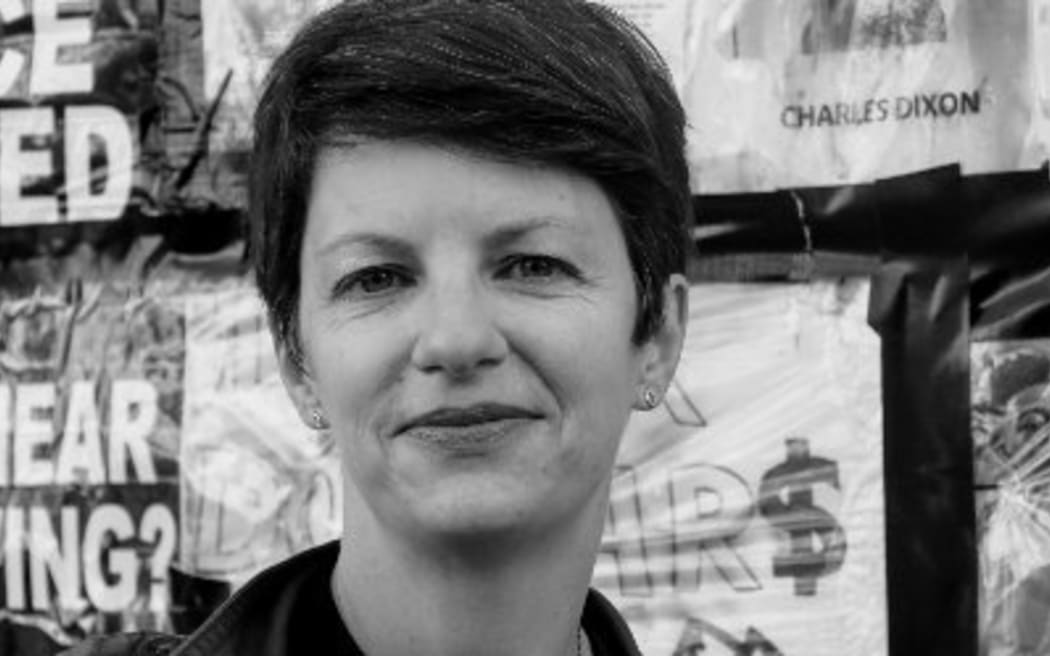Amanda Ripley, a journalist and a New York Times best-selling author believes the way news is reported needs to change.
Last year, she wrote the book High Conflict - Why We Get Trapped and How We Get Out. She also hosts the 'How To" problem-solving podcast for Slate Magazine.
She even stopped reading the news for a while, she told Jim Mora

Amanda Ripley Photo: supplied
“A lot of the ways that I and my colleagues in journalism have been trained and taught to think about the news and how we frame it, is out of step with what we know about human psychology and what people need in the modern age to thrive and make good decisions.”
She found that the news was starting to impact negatively on her mental health.
“Slowly, about five or six years ago, I started feeling worse after reading the news, I started feeling less curious. And it felt like I could look at headlines and know what the story was going to say a good portion of the time.
“And then I would be sort of paralyzed by despair more often than I wanted to admit. And it was really unnerving. Because historically, I've spent 20 years as a journalist covering crime and terrorism and disasters and political violence, all kinds of human miseries.
“And so, I just wasn't used to feeling so bothered by the news.”
There mounting evidence that people are avoiding the news, she says.
“The news has become sort of aerosolised, it's in every part of life. You can't avoid it, it's in your pocket. It's in your text messages. It's everywhere.
“And so, it's harder to keep it in its rightful place. And you can sort of feel ambushed, just when you're enjoying your day you come around the corner and bam, you get whacked with some like atrocious terrible story.”
And Journalists are caught in a “diabolical feed-back loop”, she says.
“A lot of journalists here feel I think powerless in a way that maybe they didn't 10 or 15 years ago, that it doesn't seem to matter how much reporting they do, that half the country doesn't believe they're telling the truth.
“And so, in the face of that kind of impotence, sometimes that reaction, which is understandable is to get louder and more convicted and more shrill. And that leads to more people tuning out.”
There are other ways of telling stories, she believes.
“Every story I've covered; whether it's about gang violence, or war in Colombia, or hurricanes in the United States, there are always examples of agency, of humans getting together and trying to make things better. And they don't always succeed, and it's never perfect.
“But those stories are not often considered, quote unquote, news.”
Data in the US makes grim reading for journalists, she says.
“We know from a new Reuters Institute study that came out just last month that 42 percent of Americans sometimes, or often, actively avoid the news, which is higher than in about 30 other countries.”
The principle reason people shun the news is simple enough, she says.
“People shun the news because it makes them feel terrible. Just like anything else, if it makes you feel terrible, you eventually stop looking for it and start trying to avoid it.”
A negativity bias in the media feeds this, she says.
“Journalists will say, look, negativity is clicky. That's how we get people to pay attention. This is the business model, what do you want to do? But I actually think you're getting a smaller and smaller number of people clicking on those stories more and more.”
We are also not equipped for news saturation, she says.
“Krista Tippett, who's a journalist and radio show host here, says, I don't actually think we are equipped physiologically or mentally to be delivered catastrophic and confusing news and pictures 24/7. And then she says, ‘we are analogue creatures in a digital world’.”
Ripley believes there is an alternative.
“You can still do rigorous reporting about big complex problems but include right next to the outrage include examples of agency hope and dignity.
“And those things exist, and we need them. We know now that humans need hope, the way we need food and water to get up in the morning and to convert anger and outrage into action.”

